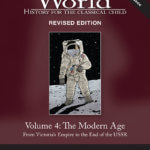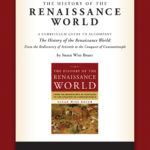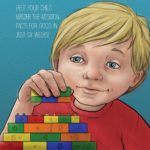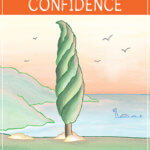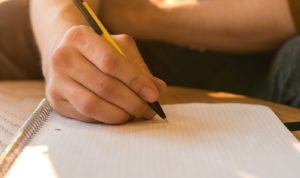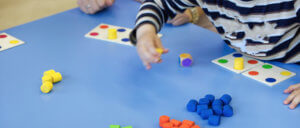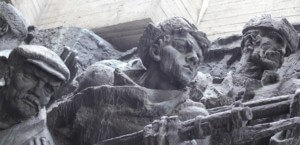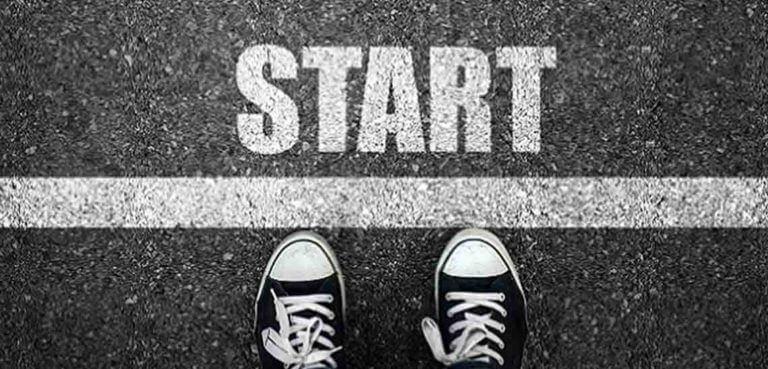
Share
Share
Share
Copyright 2000 by the author. Please do not reproduce. This material is adapted in part from The Well-Trained Mind: A Guide to Classical Education at Home, which contains much more information on this topic.
Grammar-Stage Science Goals, Methods, Requirements
Goals
- Arouse enthusiasm and satisfy natural curiosity
- Accustom child to reading and writing as a method of discovery
- Teach child how to observe carefully. (This isn’t natural as observation is – you use this also don’t do lots of experiments: at this age, it is frustrating.
- Show science to be a coherent field of study with its own rules. (Schools use the spiral approach, six weeks of this, six weeks of that, which is great for a skill but NOT for a content area! Science is, slightly, on the border between the two.)
- Introduce child to the vocabulary of science
Methods
- Study those aspects of science which the child finds naturally interesting
- Read about each subject; write briefly
- Focus on observation-centered study (NOT deduction-based study)
- Use a science “spine” that concentrates the child’s attention on a single area
- Find a program which uses, and explains, proper vocabulary
What do you require of the child?
- Concentration for 15 minutes to 45 minutes at a time
- Reading of 1 paragraph to 2 pages on a scientific topic
- Writing of 1 sentence to two paragraphs in summary
- Proper use and spelling of vocabulary
Logic-Stage Science Goals, Methods, Requirements
Goals
- Teach the proper use of the scientific method
- Teach the limits and biases of the scientific method
- Accustom child to proper record-keeping methods
- Lead child into an understanding of the goals and limits of each scientific field
- Teach child to follow a logical progression of thought
Methods
- Focus on one field of study long enough to learn its procedures
- Use a curriculum that focuses on experimentation and deduction
- Require proper record-keeping:
- What question am I trying to answer?
- What could the answer be?
- How will I test this answer?
- What result did I get?
- Does this agree with the answer I thought I would get? If not, what answer should I give instead?
- Teach the child to question the basic assumptions of the text
- Use multiple sources
- Look for logical fallacies and presuppositions.
What do you require of the child?
- Require child to read more than one source
- Ask child to outline material and look for logical fallacies
Rhetoric-Stage Science Goals, Methods, Requirements
Goals
- Instill a technical knowledge of the scientific disciplines
- Help the student understand science as a “human endeavor”
- Put science into its historical and social context
- Use science as a way to discuss ideas
Methods
- Use a technically thorough, upper-level science text
- Pursue an outside course of “science reading” in chronological order
- Discuss the philosophical issues raised by each field of science
- Trace the development of technology through history
- Question the “facts.” Always ask: why did this idea arise now?
What do you require of the child?
- Diligent mastery of the technical aspects of science
- Outside reading in the “great texts” of science
- Regular 2-4 page papers summarizing the lives and historical settings of scientists
- Research projects tracing the development of particular ideas and technologies
- An attitude of healthy skepticism.
Recommended Products
-
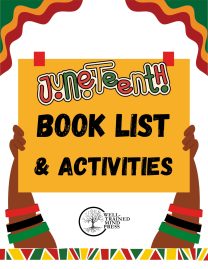
Juneteenth Booklist & Activities
0 out of 5$0.00 Add to cart -
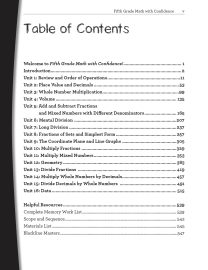
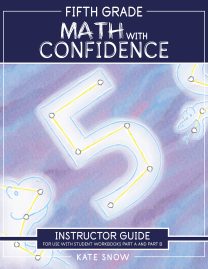
Fifth Grade Math with Confidence Instructor Guide
0 out of 5Starting at:$36.95Original price was: $36.95.$27.71Current price is: $27.71. Select options -
Sale!

Hansel & Gretel and Other Stories: Downloadable MP3
0 out of 5$12.95Original price was: $12.95.$9.71Current price is: $9.71. Add to cart -
Sale!
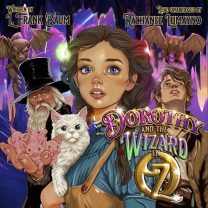
Dorothy and the Wizard in Oz: Downloadable MP3
0 out of 5$25.95Original price was: $25.95.$19.46Current price is: $19.46. Add to cart -
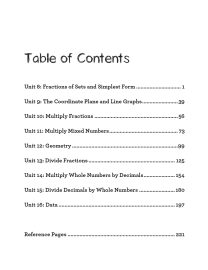 Sale!
Sale!
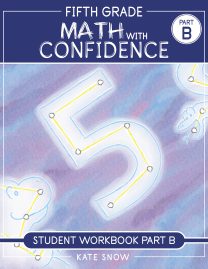
Fifth Grade Math with Confidence Student Workbook B
0 out of 5$16.46 – $21.56 Select options This product has multiple variants. The options may be chosen on the product page -
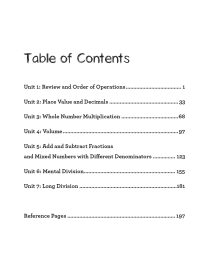 Sale!
Sale!
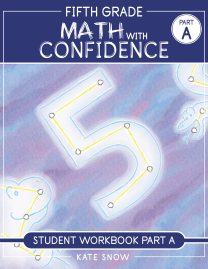
Fifth Grade Math with Confidence Student Workbook A
0 out of 5$16.46 – $21.56 Select options This product has multiple variants. The options may be chosen on the product page
ABOUT THE AUTHOR
Susan Wise Bauer
Susan Wise Bauer is an educator, writer, and historian. She is the co-author of The Well-Trained Mind: A Guide to Classical Education at Home (now in its fourth edition), and the author of (among others) The Well- Educated Mind, The Story of Western Science, the Story of the World series, the History of the World series, the elementary series Writing With Ease, and the pre-rhetoric series Writing With Skill. Susan was home educated through high school and has taught all four of her children at home. She has a B.A. and M.A. in English language and literature, an M.Div., and a Ph.D. in the history of American religion from the College of William and Mary in Virginia, where she taught writing and literature for over fifteen years.
SUBSCRIBE TO OUR NEWSLETTER
Join over 100,000 homeschooling families
For the latest offers, educational insights, products and more.
By joining you agree to our privacy policy.



